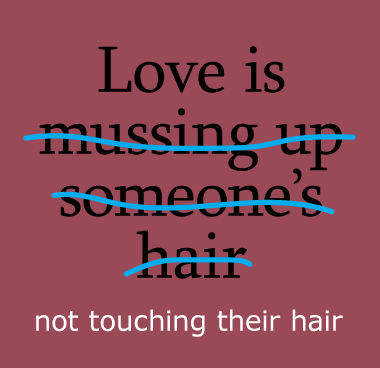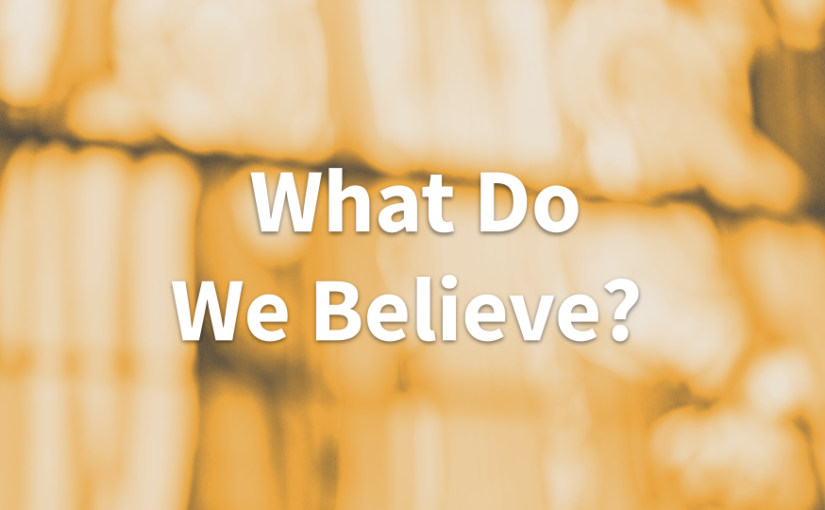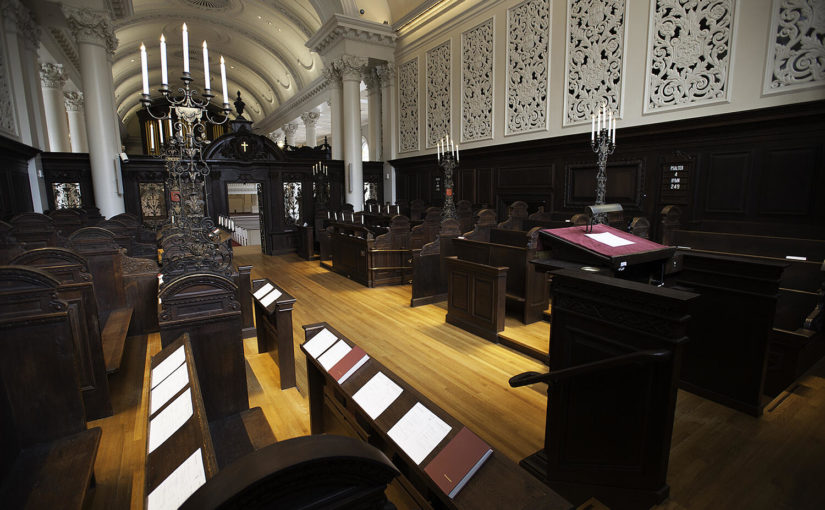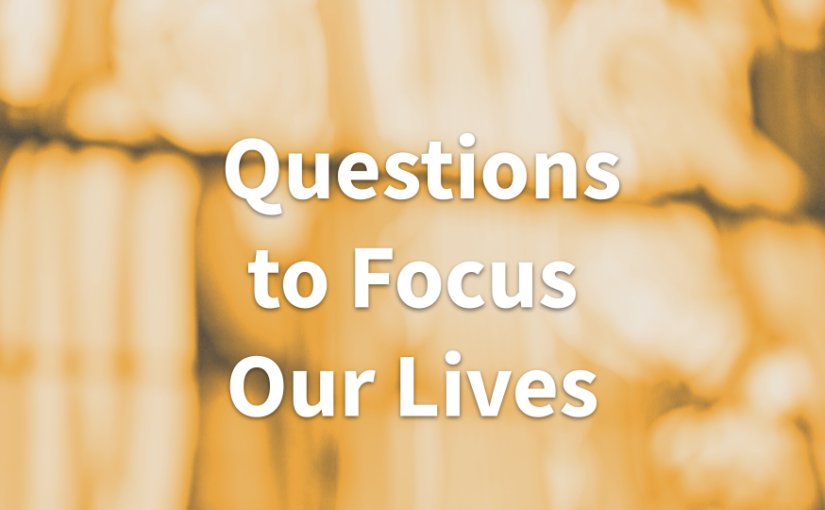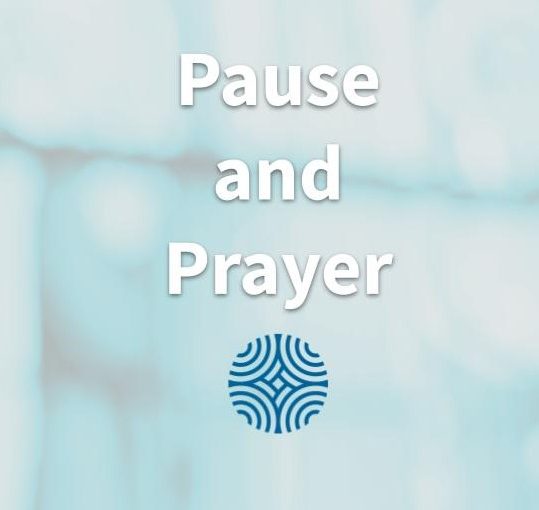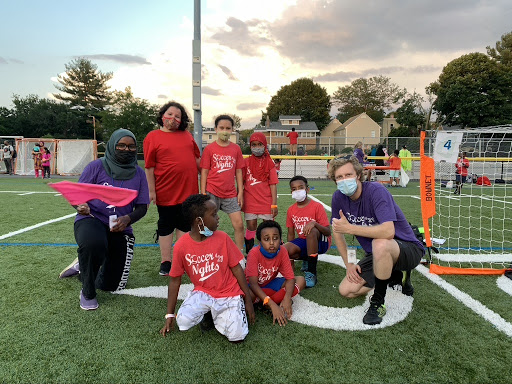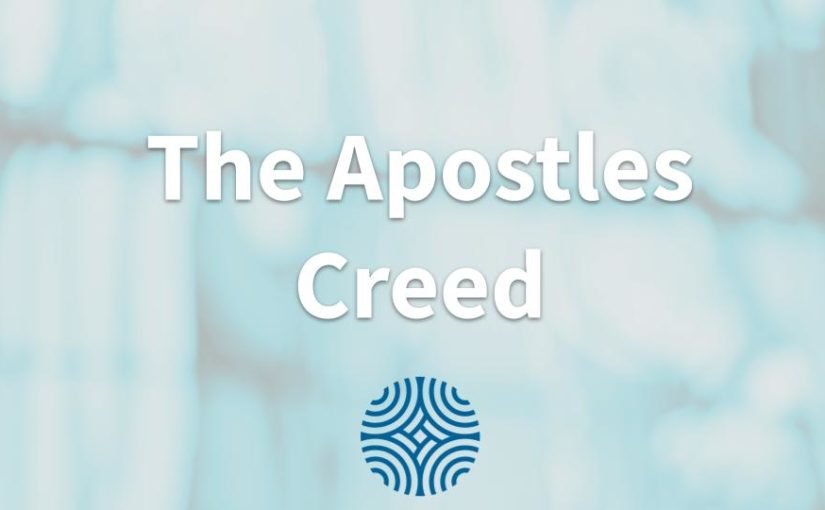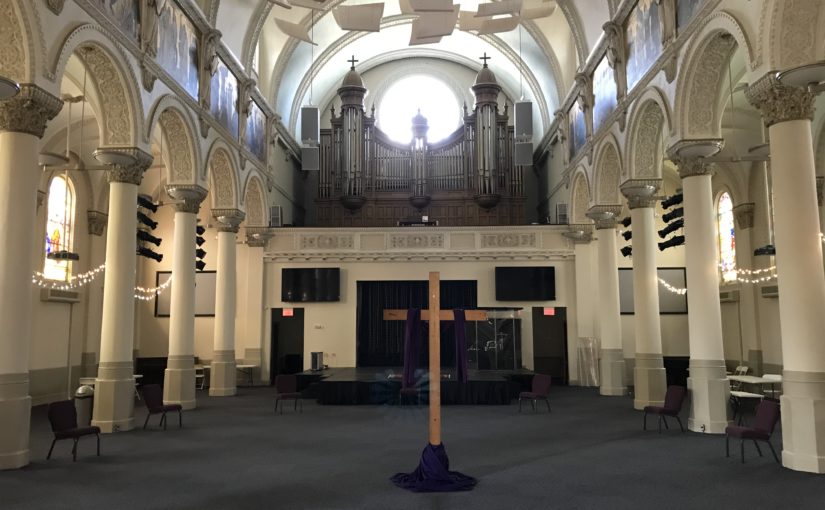I wanted to follow up on this past Sunday’s sermon I preached titled, “Love is mussing up someone’s hair” as a metaphor for how God lovingly and intimately engages us. This is a personal response, but also since our pastoral team discusses our work together, I thought it would be interesting for a community to read a response from three pastors on our team, one Asian-American, one Black, and one White.
We saw in the chats a few of you share your experiences of someone trying to mess your hair as a person who is bald or as a person of color, saying “don’t touch my curly hair.” In that moment I realized, “Oh no! I did not think of that!” and I felt bad for using a metaphor that didn’t relate to all of our varied experiences. And in that moment, I felt grateful that some of you felt comfortable enough to say something, to say ‘well that’s not my experience’ and for others to chime in with the conversation about it. And/or, there might have been some of you who felt uncomfortable, triggered, or unseen and for that I’d like to apologize as your pastor.
I learned and realized a few things through that, that I wanted to share with you. I remembered how important it is to listen to people’s experiences. And how in our lived experience, especially for BIPOC (Black, Indigenous, People of Color), who are peppered with traumatic or triggering experiences because much of the world is centered on white experiences. I realized as an Asian-American woman, how I am influenced and immersed in a culture that centers white normative experiences, for example a Charlie Brown book that’s originally published in 1965! And also how I have so many blind spots.
It also reminded me how important representation is for such reasons like this. How hearing our own cultures or experiences from the front or the front page can be so powerful. And the work that it takes to bridge that gap is continually needed. That diversifying our sermon illustrations is critical. I was humbled to learn that again this week and grateful to have a community that expects a church that is safe, open, and inclusive.
It was interesting to get sermon feedback in real time (sweating but smiling emoji here)! But I think it was good. New platform, new engagement, new ways to get things wrong, make mistakes, and learn and grow together! 🙂
Thanks, Reservoir community, ya’ll keep it real. You keep me real.
–Lydia
——————————————-
I had a likely 15 min conversation after Sunday’s service with my husband, a very nonchalant discussion around the metaphor of mussing up my hair. We joked about the great “No, No” of touching a black woman’s hair, the generational stigma of it all. As a black woman I’ve had to have very strong boundaries around me to keep me safe and maintain my dignity from those-and-that which have taken many unknowing and unjust liberties. So I understand how the metaphor of mussying hair can be triggering, the assumed liberty of it all!
I thought of times living abroad where people took liberties with touching my hair which annoyed me and the children too, who were curious, and in whom I had loosened my boundaries a bit more. But It’s a weight, trying to figure out where you’re truly seen and safe and a chore trying to manage the boundaries. I wonder if Jesus who knows and sees me would know not to touch my hair in jest and if she did, if I’d be okay with it. Because in my experience, Jesus has a way of doing things that touches and tears down the boundaries to get to the very heart of who we are and what we need… To see, be accepted and to know me. I imagine Jesus mussying up my hair in a room full of people who are otherwise stereotypically unsafe, judgmental, unwoke, a danger to my dark-brown-skinned, 4-C-haired-self –only to experience a love and acceptance that is beyond that plain. Now that is a glorious experience.
I’m thankful for a team debrief where learning, growth and deep care for others was centered. I’m thankful for our discussions about how we can learn from this, how we can make sure we are doing well to consider diverse experiences so that all are feeling seen and welcome and known, even though we will likely falter along the way. I’m thankful for the humility of our Pastor of Social Justice. For I am reminded of the parable of the farmer who sows wheat into the field but there is also poison sowed in the field too, but during the harvest the poison is separated from the wheat. I pray that the poison that has been planted for generations would be separated from all that is good, that we would continue to learn and grow and sow good things in one another and that the harvest would be abundant.
–Trecia
——————————————-
Sunday was an opportunity to learn, and also an opportunity for me to continue to unlearn much of what whiteness has taught me. White privilege is not something that I can shake from my feelings and behavior and be done with once and for all, it is a journey of ongoing work. Work that requires developing the willingness, attentiveness and skills continually to align my intent, action, and language in all settings. Sunday was a glaring example of not doing the work, of being misaligned. I am so sorry for my blindsightedness, for my inept use of language, and for the harm it caused.
Jesus shows us how to make the pathways to him rich, expansive and multiplicative – by listening, knowing and honoring the voices around him. Our commitment and responsibility as pastors is to do the same – to keep open as many pathways to Jesus as possible, so that your story and your imagination can intersect with a loving, life-giving Jesus. I am sorry that Sunday we actively closed many of these pathways. While visible mending is also ongoing work, I hope that we can continue to learn, listen, unlearn, give and receive feedback, and stitch our way forward together. If you would appreciate more time with any of us to reflect your experience, concerns, or ideas – please reach out: lydia@reservoirchurch.org, trecia@reservoirchurch.org, ivy@reservoirchurch.org.
–Ivy


